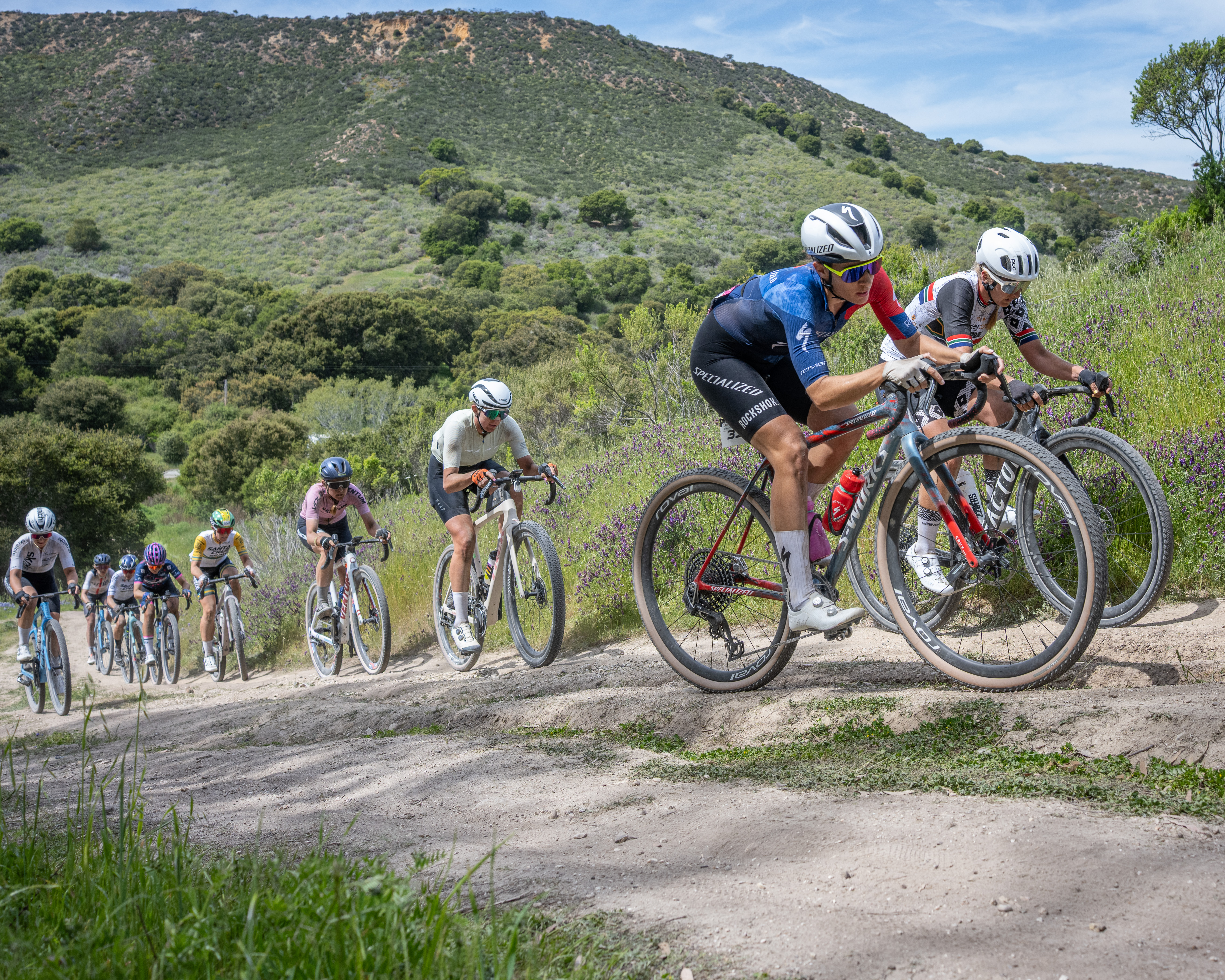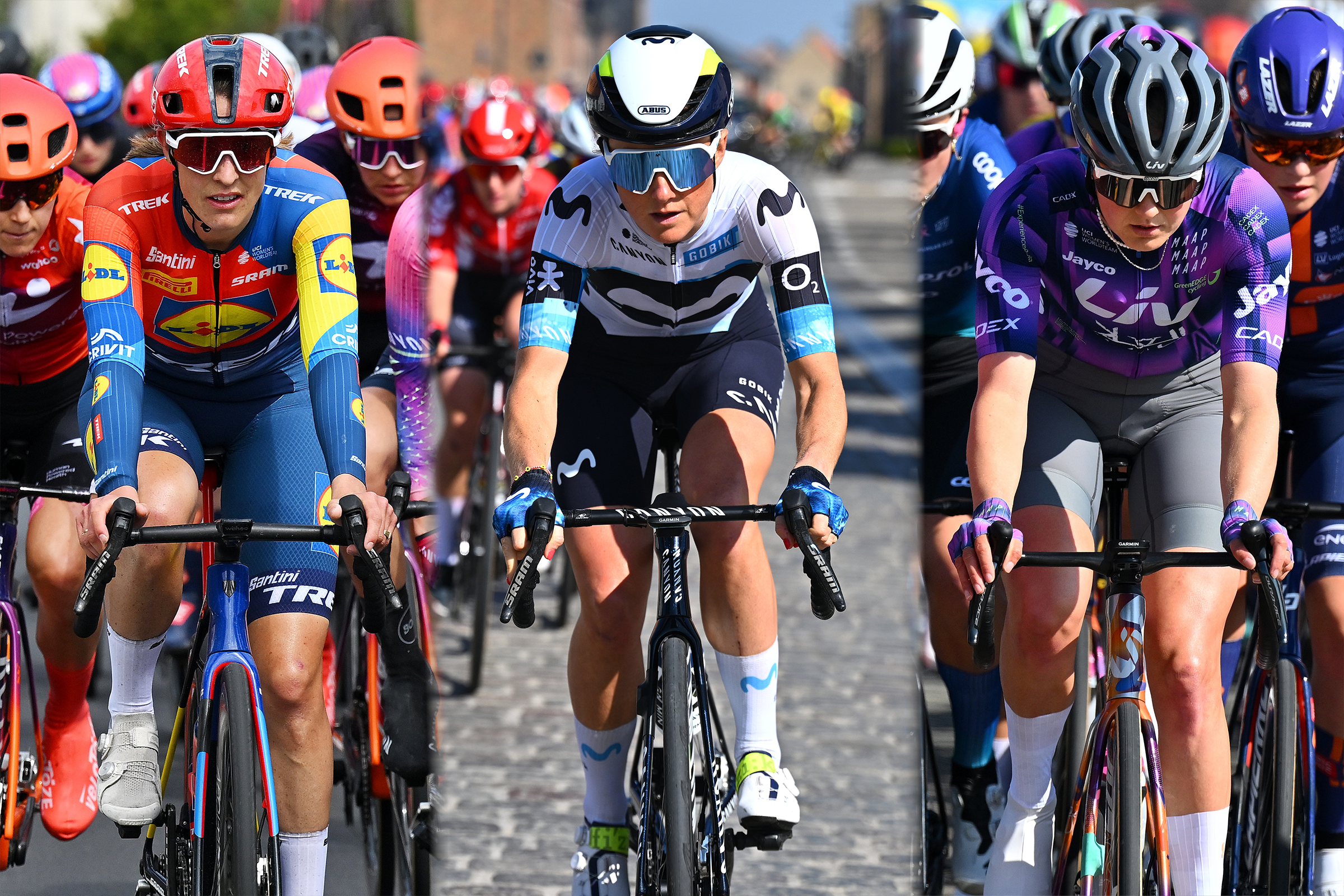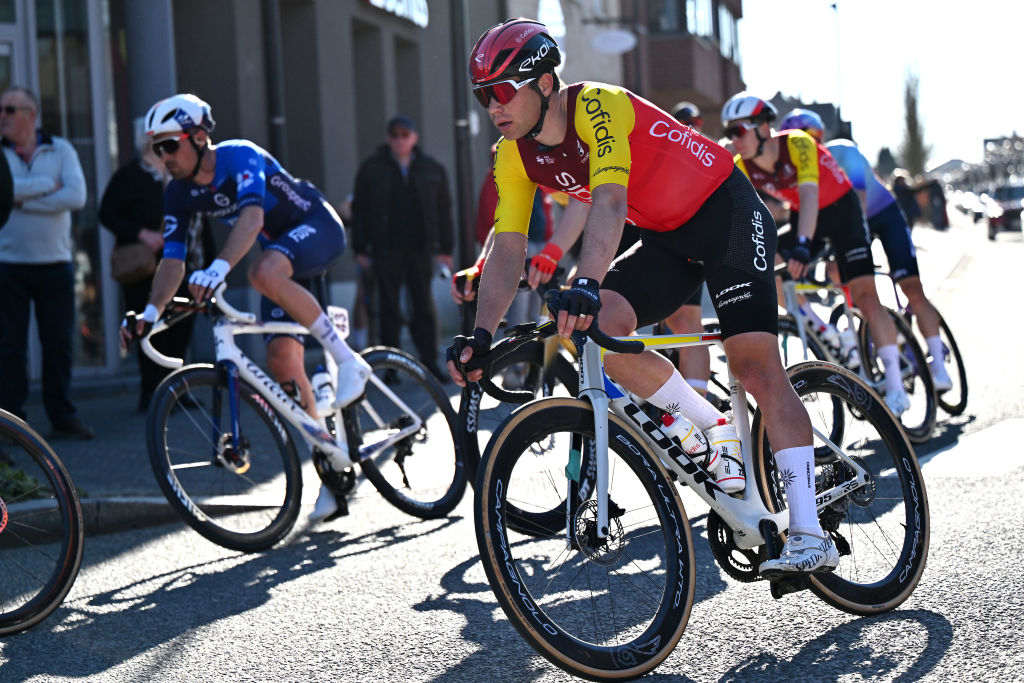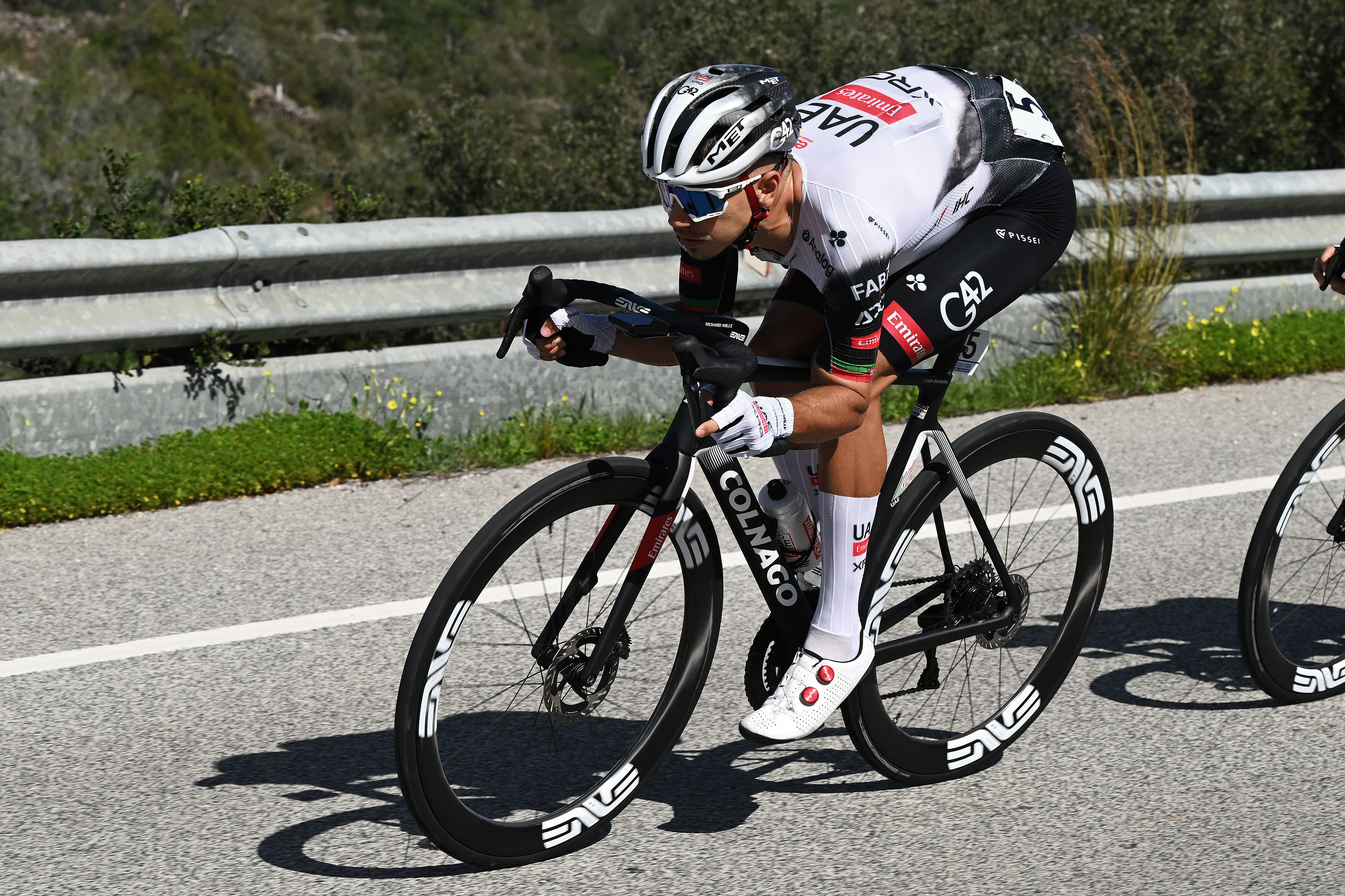E3 Saxo Bank Classic - Preview
Van Aert and Van der Poel clash again in Tour of Flanders dress rehearsal
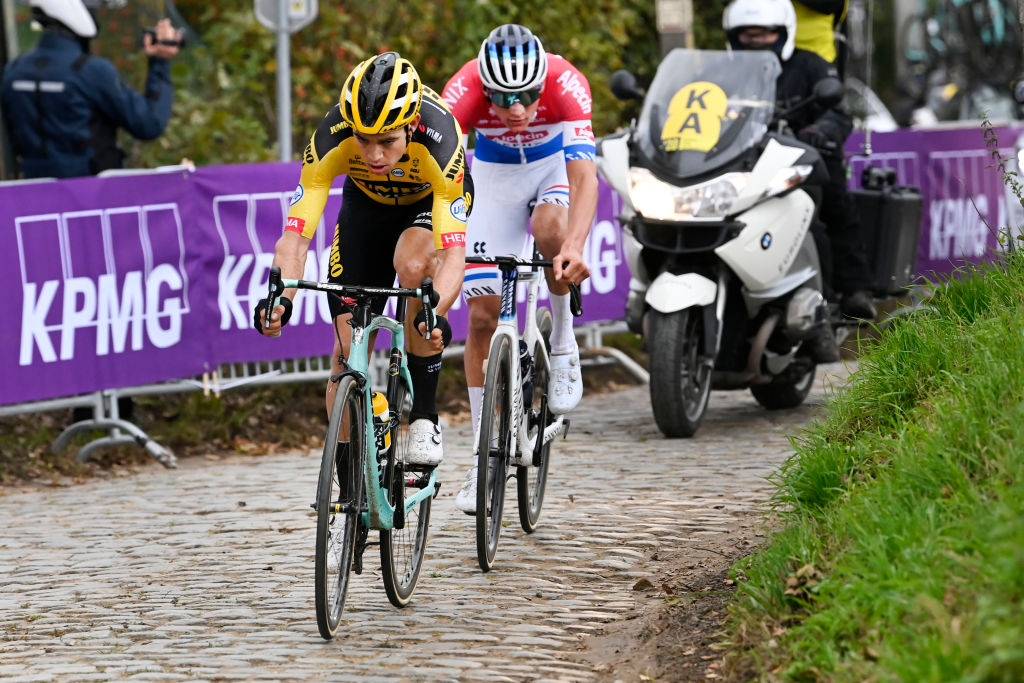
Of the five Flemish classics that take place in quick succession at this time of spring, the E3 Saxo Bank Classic is second only to the Tour of Flanders in terms of selectivity and climbing. Consequently, it’s seen as a kind of final dress rehearsal for the biggest race of the spring.
Whereas other races have sought to establish a clearly distinct identity from that most famous Flemish race, the E3 Saxo Bank Classic (formerly E3 Harelbeke) has embraced its status as a precursor to the Ronde.
It shares many of the same cobbled climbs, including the pivotal Paterberg and Oude Kwaremont, and with only nine days between the two races, it’s a key test of form heading into the business end of the spring.
What it may lack in identity, the E3 Saxo Bank Classic makes up for it in prestige and competitiveness, as every major cobbled classics contender takes the race very seriously. That’s illustrated by its distinguished list of recent winners, which, since its addition to the WorldTour in 2012, has included Peter Sagan, Geraint Thomas, Greg Van Avermaet, Fabian Cancellara and Tom Boonen, who holds the record number of victories with four.
And there’s also a striking similarity between the results at the E3 Saxo Bank Classic and the Tour of Flanders. Excluding last year’s cancellation, only one rider in the last eight years has won the Ronde without first finishing in the top four at E3. Of those, three riders - Boonen, Cancellara, and Niki Terpstra - did the double, winning both.
Put simply, if you want to win the Tour of Flanders, you have to be among the top performers at the E3 Saxo Bank Classic on Friday.
Can anyone beat Van Aert and van der Poel?
Given how breathtakingly strong they’ve looked so far this year, this race must surely be billed as the latest instalment of the Wout van Aert (Jumbo-Visma) versus Mathieu van der Poel (Alpecin-Fenix) show.
Van der Poel was triumphant in round one at Strade Bianche, but both riders missed out on victory at Milan-San Remo when Jasper Stuyven (Trek-Segafredo) caught them by surprise with a late attack off the descent of the Poggio.
That latter result shows how a Van Aert or Van der Poel victory isn’t an inevitability, and Stuyven will again be among those challenging them, joined this time by his teammate Mads Pedersen, who also snatched victory from the pair at Gent-Wevelgem last year.
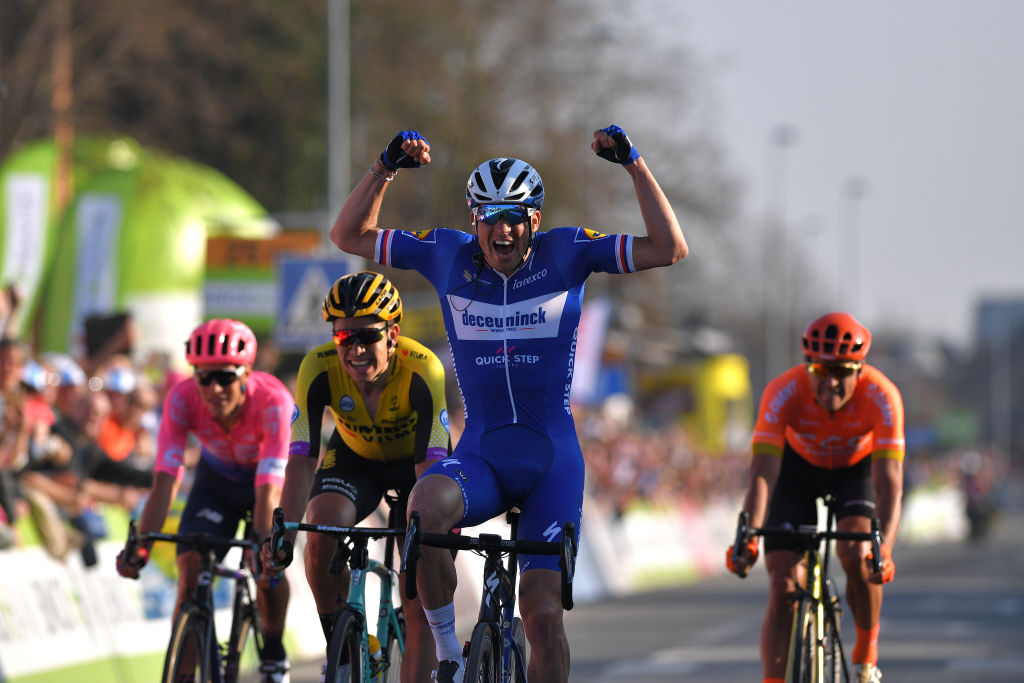
Even without Julian Alaphilippe, who is carefully selecting his spring races so he is also competitive in the Ardennes, Deceuninck-QuickStep look best equipped to challenge the duo’s supremacy. The Belgian team won both the 2019 and 2018 editions through clever teamwork, and could repeat that success, with Zdenek Stybar, Yves Lampaert, Davide Ballerini, Florian Senechal and Kasper Asgreen all capable of winning.
Tom Pidcock (Ineos Grenadiers), Soren Kragh Andersen (Team DSM) and Michael Matthews (Bike Exchange) were among the riders first over the Poggio at Milan-San Remo, and therefore in the kind of form necessary to compete for victory at the E3 Saxo Bank Classic.
Old-timers Philippe Gilbert (Lotto-Soudal), Greg Van Avermaet (AG2R Citroën) and Alexander Kristoff (UAE Team Emirates) haven’t looked quite so sprightly lately but have great credentials on the cobbles and should not be forgotten.
The route: 17 bergs in 203km

After setting off from Harelbeke, the first of 17 climbs, the Katteberg, is tackled 28km into the route. The next climb isn’t for another 58km, but after that there’s barely a moment of respite, with the remaining 15 climbs all crammed within the final 112km.
The third and fourth climbs, the Kanarieberg and Oude Kruisberg, are new additions to the route and will, along with the other earlier climbs, make for an attritional race that will gradually sap the energy from the legs of the riders.
The first decisive selections are often made on the Taaienberg, which is one of the most difficult cobbled climbs on the menu, and will be crested 80km from the finish. From here, another four climbs are tackled in quick succession, including another new addition, the Eikenberg.
The endgame begins 46km from the finish with the Kapelberg, after which we arrive at the familiar double-header from the Tour of Flanders, albeit in reverse order, with the short-but-steep Paterberg tackled before the longer Oude Kwaremont.
Unlike at the Ronde, there’s another sting in the tail in the form of the Karnemelkbeekstraat and the Tiegemberg, before the riders swing northwards back towards the finish at Harelbeke.
By this point in the race, there’s usually either only a very small selection of no more than five riders left to battle for victory, or a solo attacker riding alone to glory.
Get The Leadout Newsletter
The latest race content, interviews, features, reviews and expert buying guides, direct to your inbox!
Stephen Puddicombe is a freelance writer based in Bristol. He has written for Cyclingnews since 2020, and has covered cycling professionally as a freelancer since 2013, writing for outlets such as Rouleur, Cycling Weekly and Cycle Sport, among other publications. He is the author of The World of the Tour de France, published by Sona Books. Outside of cycling he is a passionate cinephile, and a long-suffering Spurs fan.
Latest on Cyclingnews
-
Drawing a line in the gravel - Will anti-drafting rules create structure or friction in Life Time Grand Prix competitions?
Lauren De Crescenzo shares thoughts on enforcement and punishment for new regulations to make races 'more fair' -
Women's cycling's road captains – who are they, how important are they, and what makes a good one?
'If they're waiting for the car, it's too late' – we hear from the riders leading their teams and keeping cool in those split-decision moments -
Ronde van Limburg: Milan Fretin fends off rivals on teammate's bike to win chaotic bunch sprint
Cofidis secure fifth triumph of 2025 with local rider Fretin -
Giro d'Abruzzo: Late attack by Ivo Oliveira lands UAE Team Emirates-XRG back-to-back wins on stage 2
UAE celebrate 29th win of 2025 but Alessandro Covi cedes race lead to Filippo Fiorelli
